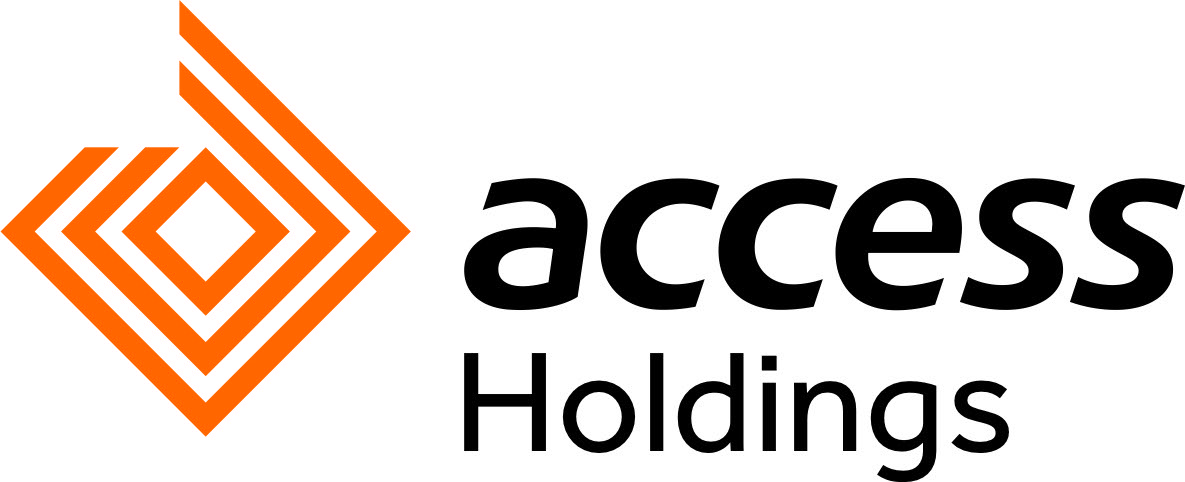March 2, 2021/DMO
Patience Oniha, Director General, Debt Management Office. Image Credit: DMO
The attention of the Debt Management Office (DMO) has been drawn to the allegations by some media outlets that the Debt Management Office (DMO) was unable to account for the N2.2 trillion allocation to the DMO in the 2018 Appropriation Act. The statement is not only false, but extremely misleading.
The media outlets made the statement following the DMO’s appearance at the hearing of the Public Accounts Committee of the House of Representatives on Friday, February 26, 2021. At the session, the Committee enquired about the utilisation of the N2.2 trillion provided in the 2018 Appropriation Act; of which N2.1 trillion was allocated for Debt Service and the DMO’s appropriation of N721,251,798.00, making it N2.2 trillion.
The DMO explained to the Public Accounts Committee that the amount of N2.2 trillion was not available as the DMO’s total allocation since N2.1 trillion was specifically meant for servicing of Nigeria’s Domestic and External Debt. This explains why the Debt Service is expressly stated as a separate line item in the annual Appropriation Acts, while the DMO’s Expenditure is also stated separately.
The DMO wishes to emphasise that the provisions in the Annual Appropriation Acts for Debt Service, including the 2018 Appropriation Act, are dedicated for Debt Service payments only; that is, for the repayment of Principal, Interest and Other Charges for both Domestic and External Debt. Indeed, the funds for Debt Service are never released to the DMO for spending, rather, in line with the mandate of the Office of the Accountant-General of the Federation (OAGF), the funds are domiciled with the OAGF, who on the advice of the DMO, effects payments directly to the creditors as at when due.
Such creditors include multilateral and bilateral lenders like the World Bank, African Development Bank, Exim Bank of China, investors in Nigeria’s Eurobonds, as well as, investors in securities issued in the domestic market such as FGN Bonds, SUKUK, Green Bonds and Nigerian Treasury Bills.
The general public is invited to note that servicing of the public debt is absolutely necessary to ensure that Nigeria remains credit-worthy and retains or improves on its sovereign rating which ultimately, will support growth and development. It is for this reason as well as transparency purposes, that Debt Service is expressly provided as a line item in the Annual Appropriation Acts.













